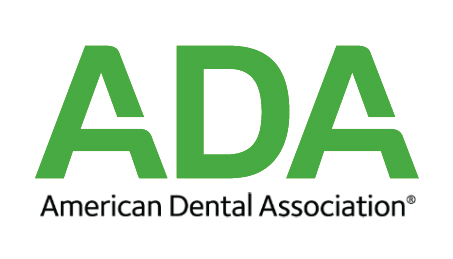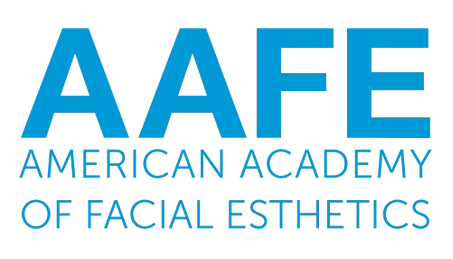When Invisalign Comprehensive May Be Recommended

Invisalign® Comprehensive is a treatment that addresses complex orthodontic cases, and while invisalign comprehensive follows the same route that traditional Invisalign® does, there are typically more aligners in the entire series, and additional measures are used to increase the amount of pressure put on the teeth. For example, buttons and attachments are typically used because these help exert more force on the teeth, thus encouraging a more substantial shift. Ultimately, Invisalign Comprehensivehelps address cases that involve extremely crooked or crowded teeth.
Understanding Invisalign Comprehensive and how it differs for more extreme orthodontic cases can be helpful when looking into what options are offered by dentists. Continue reading to learn more about when this treatment method is recommended.
Understanding when Invisalign Comprehensive is needed
Here are a few of the times when Invisalign Comprehensive is recommended by dental professionals. This information may be helpful for patients to review when looking into all their available options.
The need for Invisalign Comprehensive
Invisalign Comprehensive is recommended by dentists or orthodontists when the teeth are extremely crowded or crooked. For example, many individuals experience the need for mild treatment when it comes to straightening out a tooth that is out of place. In other situations, the teeth are forced in all sorts of directions due to crowding. Minor misalignment cases can be addressed through the use of traditional Invisalign. However, those who have more serious problems may require Invisalign Comprehensive.
When Invisalign was first created, it was only able to address minor to moderate orthodontic problems. As time has progressed and technology has improved, Invisalign Comprehensive has been created as a way to broaden what types of issues can be corrected. Nowadays, just about any type of complex case can be treated with Invisalign.
What to know
When it comes to Invisalign Comprehensive, there are a few things for patients to know before they undergo the entire treatment process. Having an understanding of these things can help ensure that the treatment process goes smoothly and ultimately ends with success. Here are a few things to be aware of ahead of time.
- Invisalign Comprehensive requires serious discipline when it comes to wear times, as the aligners must be worn for a minimum of 22 hours a day
- Aligners should be cleaned thoroughly at least daily to avoid bacterial buildup
- The wearer should remove the aligners when eating and drinking to avoid bacteria buildup or damage
- Skipping dental appointments can make the process take longer, which can ultimately skew the results and cost more money overall
Find out more
If you are interested in Invisalign Comprehensive, it is recommended to talk to a dental professional in a one-on-one session. During this consultation, the dentist can evaluate your entire oral cavity to determine what type of treatment is most suitable. Additionally, any of your unanswered questions or concerns can be appropriately addressed. From there, the treatment process can begin. To learn more about Invisalign Comprehensive or to get scheduled for a consultation, reach out today.
Request an appointment here: https://justforyoursmile.com or call Tysons Corner Advanced Dental Center at (703) 272-5007 for an appointment in our Vienna office.
Check out what others are saying about our dental services on Yelp: Invisalign Comprehensive in Vienna, VA.
Related Posts
Knowing when you need an emergency dentist can help save teeth, preserve oral health, and prevent serious complications. From sudden tooth pain to dental trauma, understanding the signs that require immediate attention helps ensure timely and effective care. Learning more about the role of an emergency dentist can prepare patients to act quickly in critical…
When a tooth develops a cavity, a tooth filling will be required to repair the tooth and restore its function and appearance. Since tooth pain is often the first sign of a cavity, it is normal for patients to be worried about what they will feel during the filling procedure. This article focuses on what…
While tooth pain can vary in severity and sensation, general dentists can determine the source, provide treatment, and ensure the patient has everything they need to maintain their oral health. The causes of tooth pain can vary and often result in patients trying to treat it by themselves. However, when the pain is consistent, the…
Routine checkups from your general dentist can maintain or even improve your dental health. It can be challenging to keep your dental appointments because of busy schedules and demanding lifestyles. But making an effort to keep them can be very rewarding. Here are the details on how regular appointments with your general dentist can maintain…





